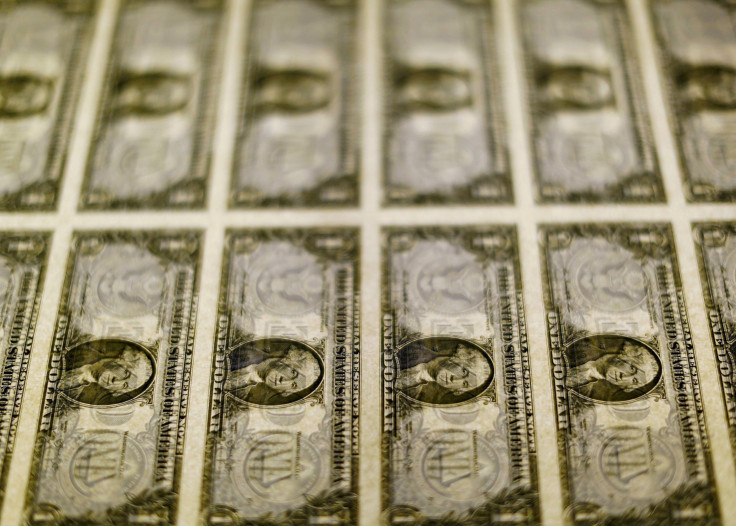How Much Money Should You Have In Savings? Americans More Comfortable With Less In The Bank, Study Says

The stock market has toppled records over the past few months, business confidence hit a 15-year high at the start of March, unemployment has remained below 5 percent and, according to a survey released Tuesday the consumer finance site Bankrate, Americans are feeling spectacular when it comes to their financial well-being.
But that tide of optimism may be an illusory one.
The site’s monthly financial security index rose to a high not seen in years. But while 22 percent of respondents to the study said they felt more financially comfortable than the previous year, the same portion who said so in Bankrate’s 2016 survey, and 19 percent reported feeling uncomfortable with their savings, down from 27 percent last year, participants’ actual financial situations were less sturdy.
Only a quarter of respondents reported putting away more than a tenth of their income, down from 28 percent in 2016. A full 46 percent of survey participants saved less than 5 percent of their earnings. Nearly one in five saved nothing at all.
The findings were consistent with much research citing lackluster savings among American consumers. About seven in 10 Americans said they had less than $1,000 in savings, down from 62 percent in 2015, a September survey by the personal finance site GOBankingRates indicated. A March 2016 report by the Economic Policy Institute, a non-profit think tank, found that “nearly half of families have no retirement account savings at all.”
Millennials may have it the hardest, despite being, according to some research, the generation with the greatest knack for saving money.
A January analysis of Federal Reserve data from the advocacy group Young Invincibles found that millennials earn 20 percent less than young adults did in 1989. Their net worths, according to the report, were half those of Baby Boomers during the latter generation’s early adulthood. Making matters worse, many people in their early 20s and 30s often face towering student debt, with the average debt total among 2016 graduates reaching a record-breaking $37,172, according to an analysis by the Wall Street Journal—the price of a small luxury car.
© Copyright IBTimes 2025. All rights reserved.






















